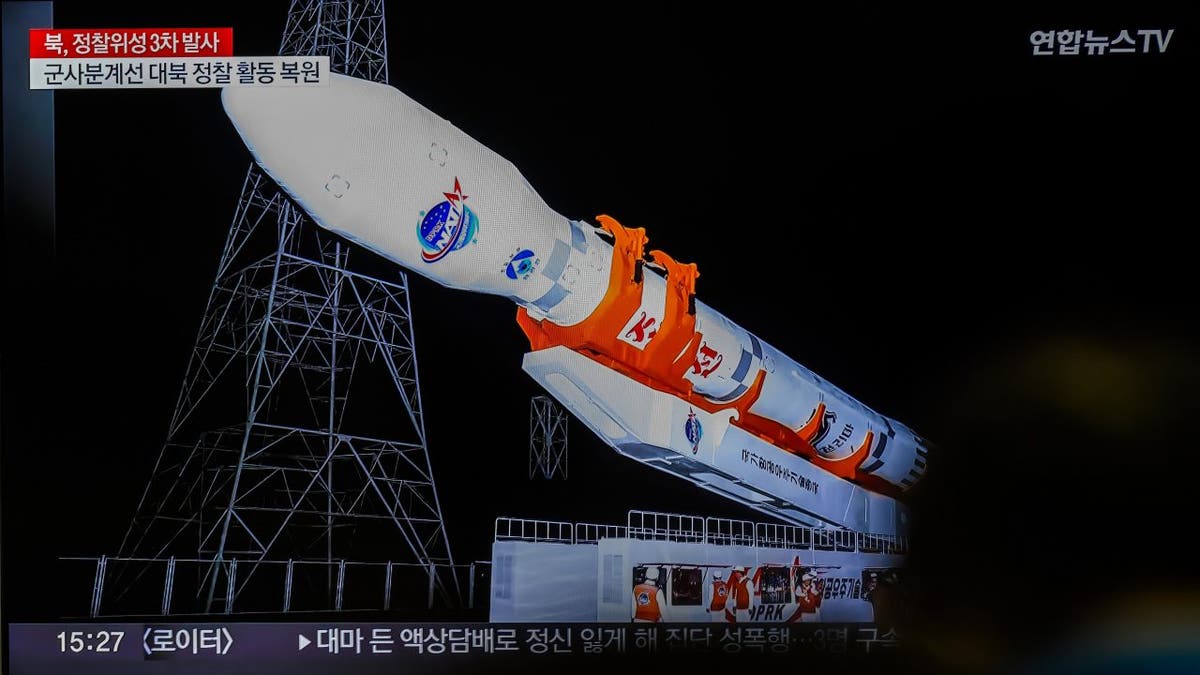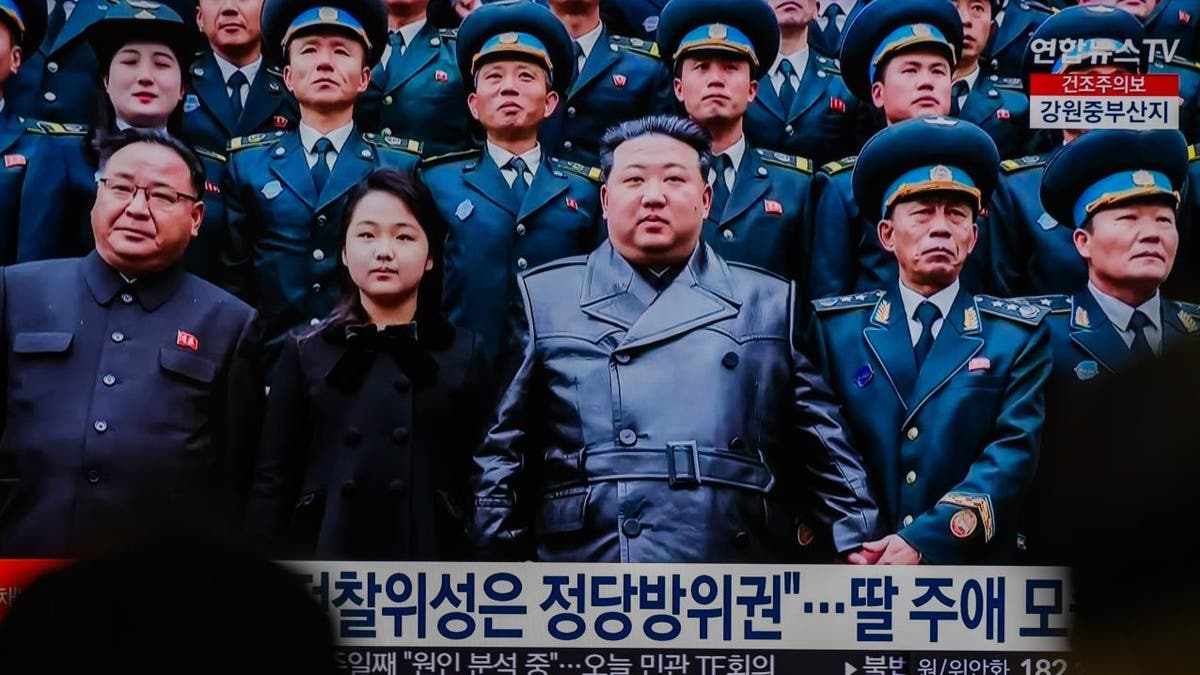Kim Jong Un claims to see US target regions with spy satellite, including Pearl Harbor and Hickam Air Base
North Korea is claiming its newly launched military spy satellite has provided leadership with photo images of key South Korean and U.S. bases.
Kim Jong Un visited the Pyongyang General Control Centre of the National Aerospace Technology Administration on Friday to learn about developments in using the spy satellite.
“Kim Jong Un learned in detail about the photos of major target areas in the enemy region, including Mokpho, Kunsan, Phyongthaek, Osan and Seoul, and of various regions in the country, taken by the reconnaissance satellite while passing through the Korean Peninsula from 10:15 to 10:27 a.m. that day,” state media outlet Korean Central News Agency reported.
NORTH KOREA SPY SATELLITE IS LATEST SURVEILLANCE THREAT TO US, ALLIES – WITH KIM THREATENING MORE LAUNCHES
The report added, “The NATA reported to him on the plan for photographing the enemy region and the additional fine-tuning process of the reconnaissance satellite on the morning of November 25.”
Camp Humphreys, located in Pyeongtaek, is a U.S. Army Garrison and the largest overseas base operated by the U.S. military.
Kim Jong Un returned to the command center on Saturday to review further satellite images, including the Jinhae, Busan, Ulsan, Pohang, Daegu and Gangneung regions of South Korea.
UN COMMITTEE PASSES RESOLUTION CONDEMNING NORTH KOREAN HUMAN RIGHTS ABUSES FOR 19TH YEAR IN A ROW

North Korea also claimed to have taken photos of Pearl Harbor naval base and Hickam Air Base in Honolulu, according to KCNA.
North Korean state media did not release any photos of the supposed satellite imagery.
South Korea’s Joint Chiefs of Staff acknowledged on Wednesday the apparent success of the Malligyong-1 satellite launch into orbit, though they stopped short of confirming it was operational.

This was the third attempt by North Korean leaders to launch a military spy satellite into orbit. The North Korean military previously attempted spy satellite launches in May and August – both ended in failure due to technical issues.
State media have also claimed similar operations are planned to continue into the future to fortify North Korea’s war capabilities.
Read the full article Here


